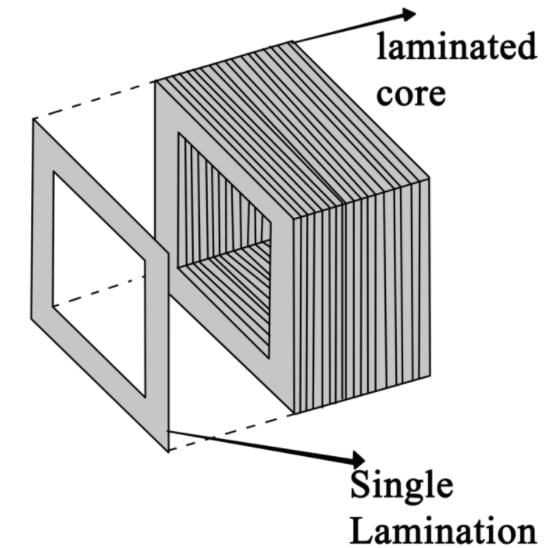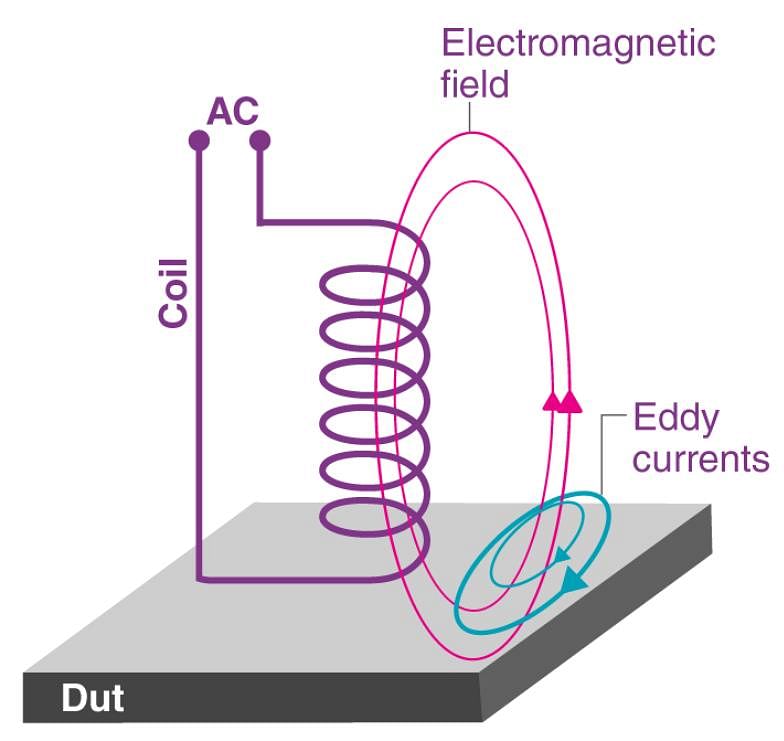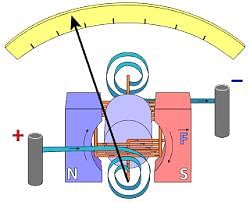Test: Eddy Currents - JEE MCQ
15 Questions MCQ Test - Test: Eddy Currents
Why is the iron core of a transformer made laminated instead of being in one solid piece?
| 1 Crore+ students have signed up on EduRev. Have you? Download the App |
The no-load current drawn by transformer is usually what percent of the full-load current ?
Which of the following will not increase the size and effect of eddy current?
A circular coil of area 200 cm2 and 25 turns rotates about its vertical diameter with an angular speed of 20 ms-1 in a uniform horizontal magnetic field of magnitude 0.05 T. The maximum voltage induced in the coil is:
Which of the following is not an application of eddy currents?
In electromagnetic induction, line integral of induced field E around a close path is __________, induced electric field is ___________.
Identify the law which is used to find out the direction of eddy currents.
In the dead beat galvanometer, the coil is wound on a frame made of:
Identify the type of commercial motor which works as a consequence of eddy currents.
Name the current induced in solid metallic masses when the magnetic flux threading through them changes.





















